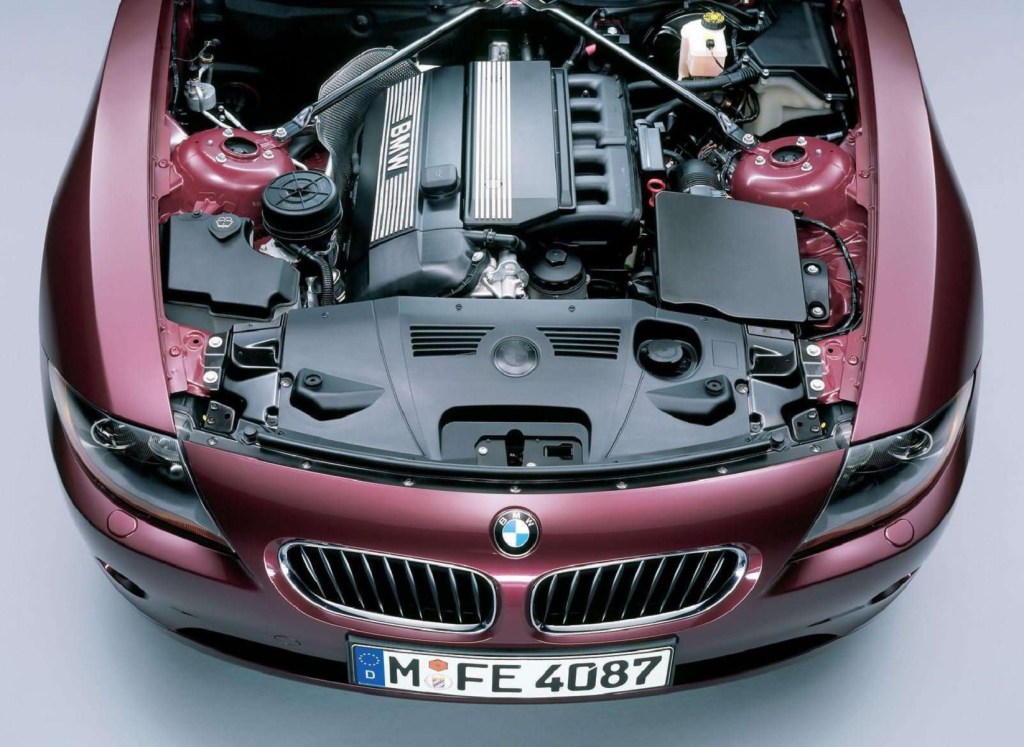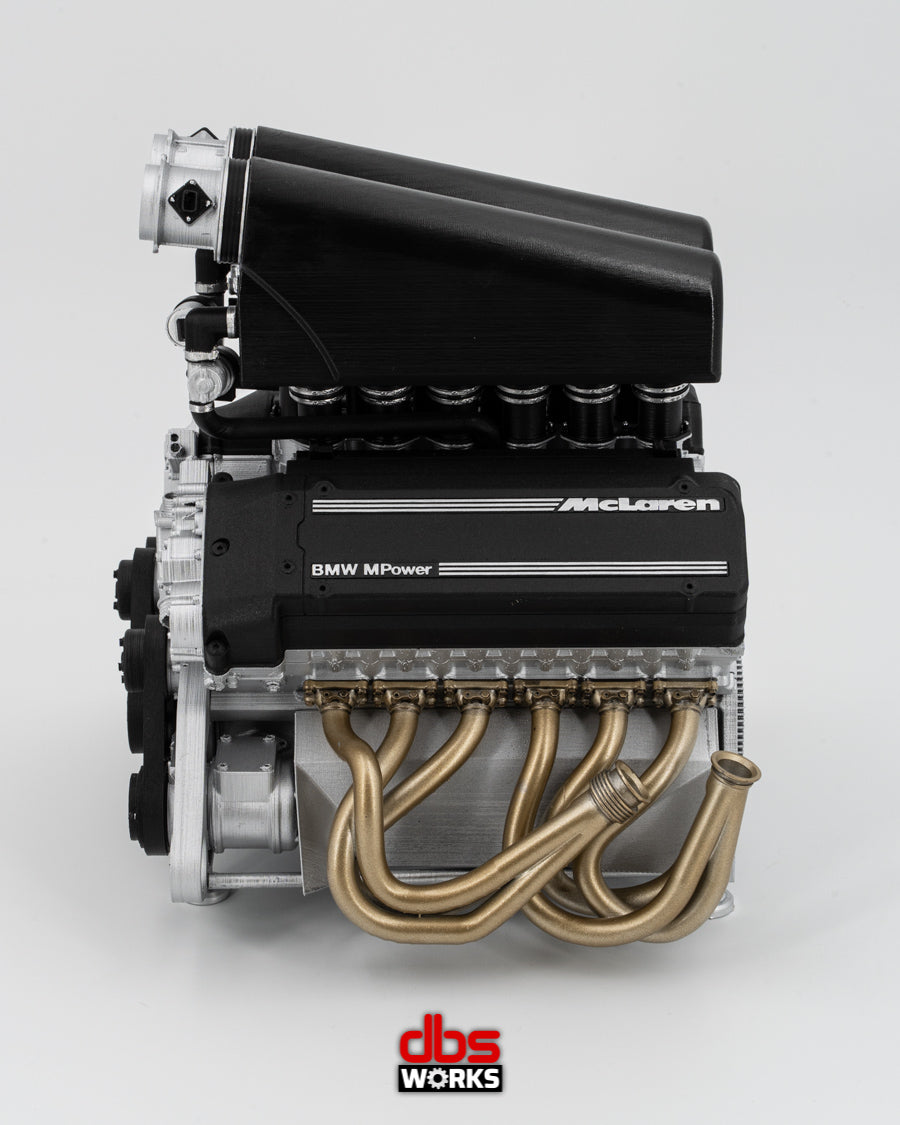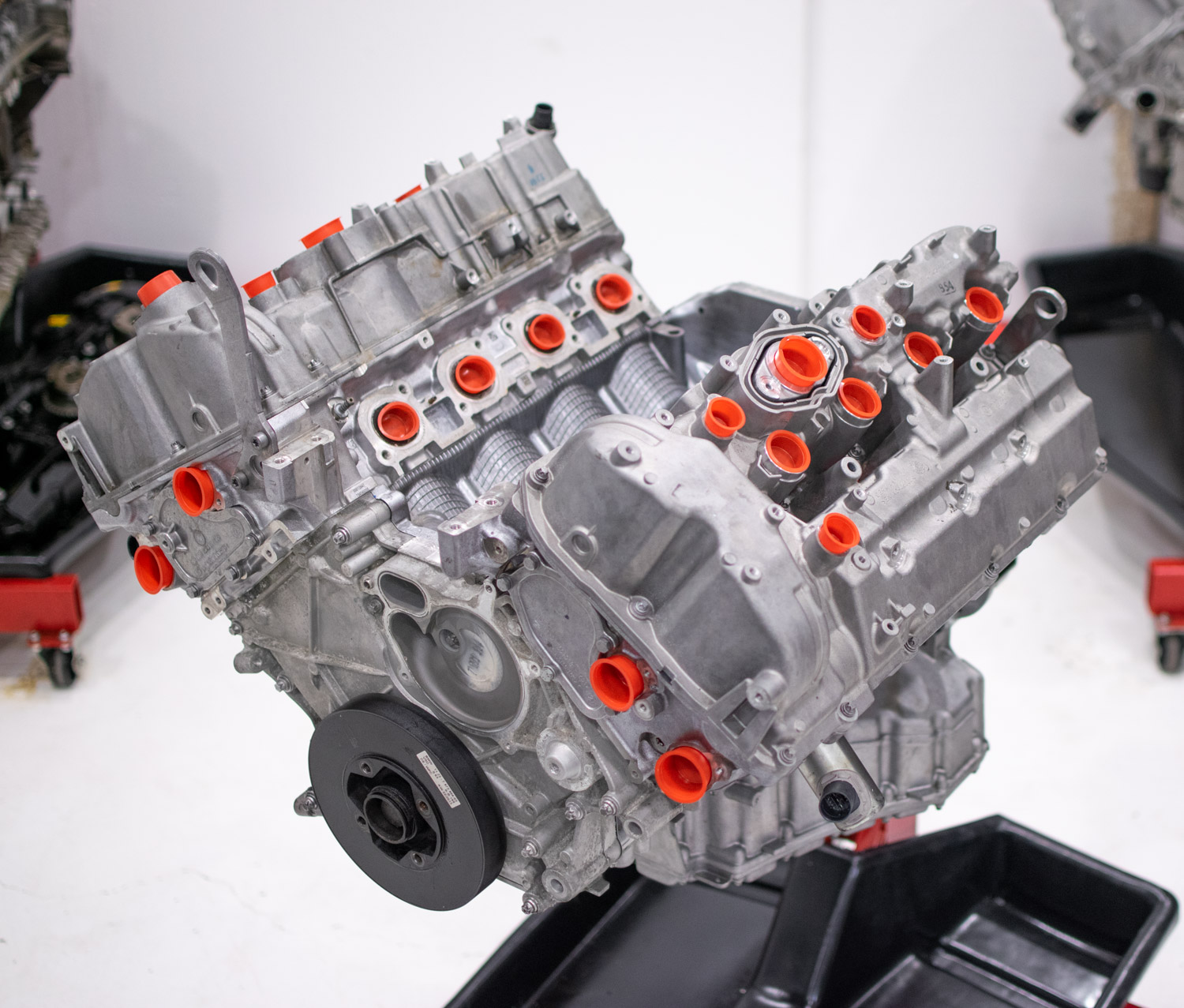Common Issues Faced by BMW Engine Owners and How to Resolve Them
Common Issues Faced by BMW Engine Owners and How to Resolve Them
Blog Article
Revealing the Intricacies of Next-Generation Power Units: a Deep Study Advanced Engine Styles and Developments
In the world of automotive engineering, the unrelenting search of efficiency, sustainability, and effectiveness has actually pushed the evolution of power units to unprecedented elevations. As we base on the precipice of a brand-new period in transportation, the intricacies of next-generation engine designs bid us to check out the innovative technologies and advancements that assure to redefine the driving experience. From advanced materials that push the borders of durability and weight reduction to advanced turbocharging and turbo charging systems that boost power output to brand-new degrees, each component of these power systems holds an essential to unlocking the future of automobile design. Digging much deeper right into the worlds of discharge control, intelligent engine monitoring systems, and the perspective of power device growth, we locate ourselves on the cusp of an improvement that promises to improve the landscape of flexibility as we understand it.
Development of Engine Products

The shift in the direction of progressed engine products has also enabled engineers to design engines with greater power outcomes while maintaining gas effectiveness criteria. As an example, the use of lightweight products lowers the overall weight of the engine, leading to improved fuel economic climate and lower exhausts. Furthermore, improvements in materials technology have permitted better thermal monitoring within engines, leading to increased integrity and longevity.
Turbocharging and Supercharging Technologies
Just How do Turbocharging and Supercharging Technologies reinvent engine efficiency and performance in modern-day lorries? Turbo charging and turbocharging are modern technologies that significantly boost engine performance by boosting the quantity of air intake into the combustion chamber. Turbocharging attains this by making use of a wind turbine driven by exhaust gases to pressurize the consumption air, while turbo charging uses a belt- or chain-driven compressor to attain the exact same result.
These innovations enable smaller sized, extra fuel-efficient engines to produce power comparable to larger ones, referred to as downsizing. By forcing even more air right into the cylinders, supercharging and turbocharging enhance combustion effectiveness, leading to raised horse power and torque outcome without a significant boost in engine size. This results in far better acceleration, towing capacity, and overall driving efficiency.
In addition, supercharging and turbocharging add to improved gas effectiveness by enabling the usage of smaller sized engines that consume much less gas under normal driving conditions - bmw engine. This mix of boosted performance and efficiency has actually made turbocharging and turbo charging indispensable components of many contemporary engine styles
Exhaust Control and Environmental Influence
With enhancing worldwide issues regarding air high quality and environmental sustainability, the application of emission control innovations in vehicles plays a vital role in minimizing damaging pollutants released into the ambience. Modern cars are equipped with innovative exhaust control systems that help reduce the environmental impact of auto procedures. Catalytic converters, for example, are designed to transform toxic gases such as carbon monoxide, nitrogen oxides, and hydrocarbons right into less damaging compounds like carbon dioxide and water vapor.
Moreover, developments in engine technology, such as the combination of exhaust gas recirculation systems and discerning catalytic decrease, have actually considerably contributed to lowering discharges. These innovations function in tandem to enhance combustion efficiency and decrease the launch of unsafe contaminants right into the air. Additionally, the development of crossbreed and electrical automobiles stands for Continue a critical action towards minimizing the overall environmental footprint of the transport sector.
Intelligent Engine Management Solution

Furthermore, these systems make it possible for vehicles to fulfill rigid emissions requirements without compromising performance, supplying a much more eco friendly driving experience. The assimilation of expert system and artificial intelligence capacities in engine management systems proceeds to push the boundaries of what is possible, causing additional renovations in efficiency, reliability, and general lorry efficiency. bmw engine. As vehicle technology developments, smart engine administration systems will certainly play a crucial function fit the future of transportation towards an extra efficient and sustainable direction
Future Trends in Power Device Growth
As smart engine administration systems lead the method for improved control and optimization in modern vehicles, future fads in power unit advancement are poised to redefine the landscape of vehicle propulsion technologies. These alternative power sources provide improved effectiveness and efficiency while lining up with strict ecological guidelines.
One more considerable pattern is the integration of innovative products and manufacturing techniques. Lightweight materials Discover More such as carbon fiber and aluminum are being used to decrease general vehicle weight, improving fuel effectiveness and efficiency. Additionally, advancements in 3D printing and additive manufacturing are enabling the production of complex engine elements with higher precision and sturdiness.
Additionally, expert system and artificial intelligence are playing a crucial role in maximizing power device performance. These modern technologies permit real-time tracking and flexible control, causing much more effective and dependable power distribution. In general, future patterns in power system development are geared towards efficiency, performance, and sustainability, driving the vehicle sector towards a brand-new period of propulsion technologies.

Verdict
To conclude, the improvements in engine materials, turbocharging, exhaust control, and smart monitoring systems have led the way for next-generation power systems. These innovations have not only improved performance and effectiveness but likewise decreased environmental effect. As modern technology remains to progress, future trends in power device development are likely to concentrate on more enhancing sustainability and maximizing power result. The intricate layouts and advancements in modern-day engines showcase the ongoing development of auto modern technology.
Exploring the modern improvements in engine products has actually been crucial in boosting the performance and efficiency of modern engines. Over the years, the development of engine products has actually played an important function in pressing the limits of what engines can attain.The change in the direction of progressed engine products has actually likewise allowed designers to create engines with greater power results while keeping gas effectiveness requirements.The execution of smart engine administration systems in contemporary automobiles has revolutionized the way engines are managed and optimized for performance and efficiency. By accumulating information in real-time and assessing it with advanced algorithms, intelligent engine monitoring systems can adjust to driving styles, environmental variables, and engine wellness to maximize power output while decreasing gas usage and emissions.
Report this page